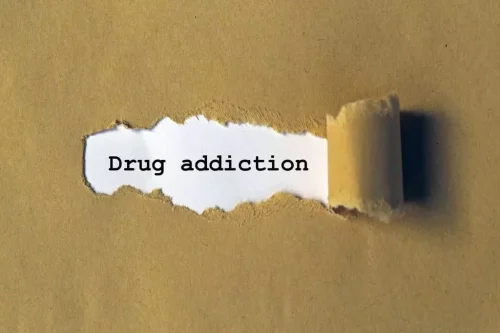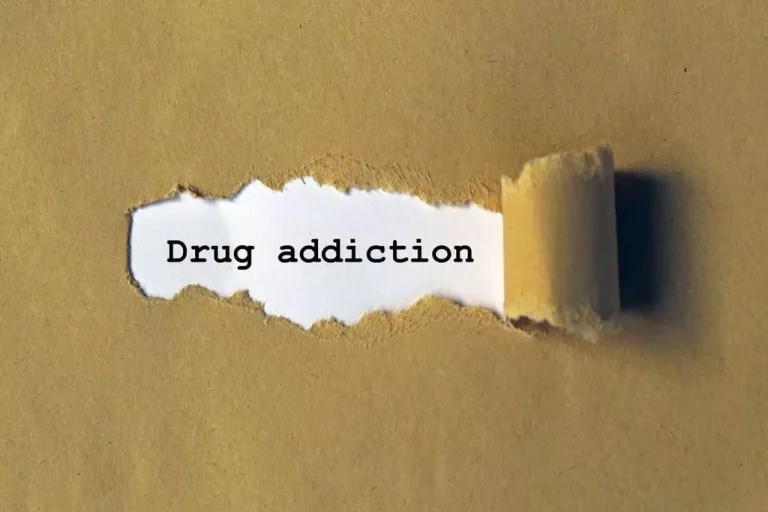What Does Alcohol Do to Your Body?

And it’s not just that you’re more likely to get a cold — excessive drinking is linked to pneumonia and other pulmonary diseases. It can also lead to a wide range of health problems, including high blood pressure and heart disease, liver disease, and increased risk of cancer. Alcohol alters the makeup of your gut microbiome — home to trillions of microorganisms performing several crucial roles for your health — and affects those microorganisms’ ability to support your immune system. It seems that drinking alcohol may also damage the immune cells that line the intestines and serve as the first line of defense against bacteria and viruses. In conclusion, alcohol can enable pathogens to enter the systemic blood flow, a process that may lead to an increased susceptibility of patients with infections.

Data Availability Statement
Furthermore, the induction of DAMPs in a sterile environment by alcohol should be a focus of further research, because, potentially, this may provide novel understanding of the chronic inflammation after alcohol consumption in how does alcohol affect the immune system case of no visible damage to organs. Several studies have also shown that the lungs are highly vulnerable to the effects of alcohol. For example, alcohol can reduce the ability of respiratory epithelium cells to remove mucous from the lungs, which can directly damage lung tissue and weaken the proper functioning of the lungs over time. Although this chronic weakening of lung function may not cause any immediate symptoms, these effects can manifest when a severe respiratory infection occurs. The effects of alcohol on both cell-mediated and humoral immunity have been well-documented since the early 1960s, wherein researchers found that alcohol abuse significantly reduced both CD4 and CD8 T-cell counts. The association between genetically predicted levels of harmful alcohol consumption (alcohol use disorder identification test score) and risk of common autoimmune inflammatory diseases.
Alcohol and Inflammation & Immune Responses
One of the most significant immediate effects of alcohol is that it affects the structure and integrity of the GI tract. For example, alcohol alters the numbers and relative abundances of microbes in the gut microbiome (see the article by Engen and colleagues), an extensive community of microorganisms in the intestine that aid in normal gut function. Alcohol consumption also damages epithelial cells, T cells, and neutrophils in the GI system, disrupting gut barrier function and facilitating leakage of microbes into the circulation (see the article by Hammer and colleagues).
Alcohol antagonism of hypercortisolism induced by naloxone

In addition, IFN-γ genetic knockout mice exhibited significantly more severe steatosis than WT mice. Finally, in recent work from our group we found that mice fed a binge-on-chronic ethanol diet exhibited reduced recruitment of NK cells and T cells to the lungs in response to bacterial pneumonia compared to control mice (83). While NK-cell numbers and function are detrimentally affected by alcohol, it does not appear to affect the frequency of group I ILC. EVs are small vesicles secreted by cells, and they play a role in intercellular communication by transporting various molecules, including proteins, nucleic acids, and lipids 68,69.

- When you overindulge in alcohol, your liver, which is responsible for breaking down toxins like alcohol, can become overworked, explains Andrews.
- Altered DCs produce more anti-inflammatory IL-10, and reduced IL-12 levels lead to the development of various infections 54.
- Thus, Jareo and colleagues (1995) noted impaired neutrophil killing of selected strains of S.
- Coli (intraperitoneally), display a decrease in the systemic CXCL9 release, increased IL-10, and lowered IL-6 and IL-12 production after 17 hours.
This biomolecule exchange between cells leads to heightened or reduced inflammatory responses in the receiving cells. Gaining a deeper comprehension of the interaction between EVs and alcohol holds the potential for enhanced personalized healthcare for individuals who partake in its consumption. Inflammation is a continuing process in several injurious conditions, including liver cirrhosis or gut injuries, due to the constant influx of pro-inflammatory cytokines produced by infiltrated macrophages and neutrophils 12. Alcohol-induced ROS production leads to the activation of inflammation gene-specific NF-κB transcription factor and inflammasome signaling pathways 13,14. IL-18, a cytokine specific to inflammasomes, and caspase-1, one of the inflammasome components, were increased in the alcohol-treated rats, which led to increased inflammation in the injured brain tissue 15.
2. Cellular Responses—Leukocyte Recruitment and Extravasation
In order to reveal the means by which ethanol compromises skin barrier integrity, Dr. Brand measured dermal blood flow and transepidermal water loss after alcohol exposure (Brand et al., 2007). Both acute and chronic ethanol administration increased dermal blood flow whereas only chronic intake increased transepidermal water loss. As the latter is a measure of lipid integrity within the stratum corneum, further studies examined the level of lipid peroxidation in the skin. A modest increase in lipid peroxidation was observed, suggesting ethanol to damage lipid structure by way of oxidative stress.


As temperatures drop in the northern hemisphere, it is important to take care of your gut as it affects your digestion, immune system and even your mental health. Winter can often have a negative impact on the gut as we tend to eat heavier foods, exercise less and drink more alcohol. Mendelian randomization methods evaluate an overall casual estimation; it is likely that several distinct causal mechanisms underlie the alcohol–disease relationship, in which a risk factor influences outcome with different magnitudes of causal effect.
1. Pattern Recognition and Downstream Signaling
From clinking glasses for a toast to unwinding with friends after a long day, alcohol has played a central role in shaping traditions and celebrations for centuries. While it can foster connection and enhance social experiences, beneath the celebratory surface lie potential beneficial and harmful effects. Depending on how much and how often you drink, these effects can impact your health and quality of life. Alcohol has unique effects on the ciliated airways because it is rapidly and transiently absorbed from the bronchial circulation directly across the ciliated epithelium of the conducting airways. However, when the exhaled air cools as it reaches the trachea, the alcohol vapor condenses and is dissolved back into the fluid in periciliary airway lining (George et al. 1996).

Leave a Reply